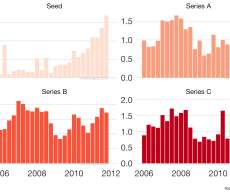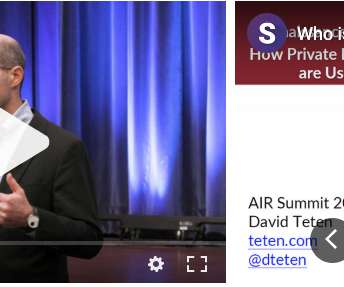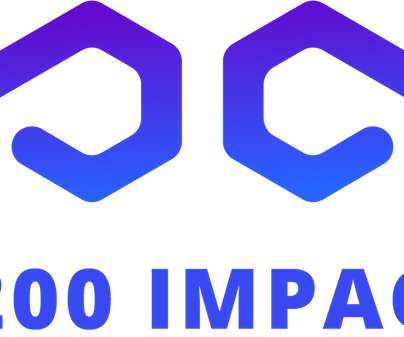How to Fund Your Startup Without Losing Control
Up and Running
SEPTEMBER 19, 2017
When you accept outside money, particularly a private equity (PE) investment, however, that changes. In this article, I’ll provide some personal stories of how investors have navigated the balance between raising private equity capital and not losing control of their startup. Those days are long gone.






























Let's personalize your content